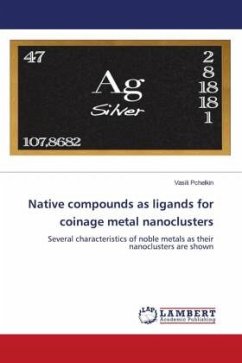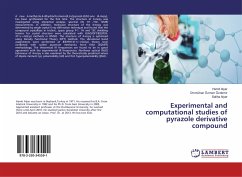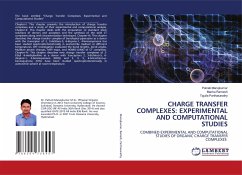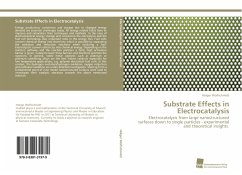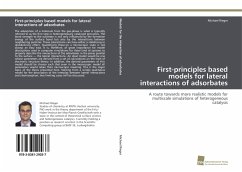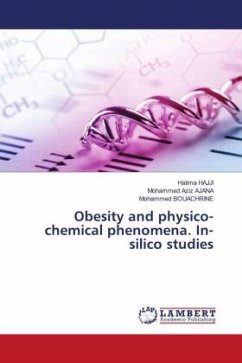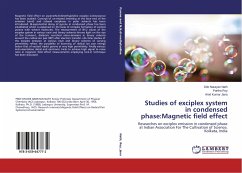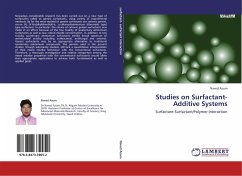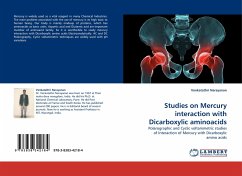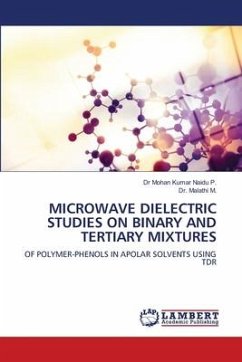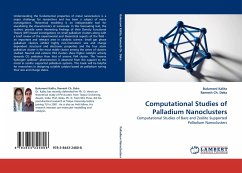
Computational Studies of Palladium Nanoclusters
Computational Studies of Bare and Zeolite Supported Palladium Nanoclusters
Versandkostenfrei!
Versandfertig in 6-10 Tagen
45,99 €
inkl. MwSt.

PAYBACK Punkte
23 °P sammeln!
Understanding the fundamental properties of metal nanoclusters is a major challenge for researchers and has been a subject of many investigations. Theoretical modeling is an indispensable tool for elucidating the characteristics at nanoscale. In this fascinating text, the authors provide some interesting findings of their Density Functional Theory (DFT) based investigations on small palladium clusters along with a brief review of the experimental and theoretical aspects of the field - an important and relevant area in catalytic science. Small gas phase palladium clusters exhibit highly non-mon...
Understanding the fundamental properties of metal nanoclusters is a major challenge for researchers and has been a subject of many investigations. Theoretical modeling is an indispensable tool for elucidating the characteristics at nanoscale. In this fascinating text, the authors provide some interesting findings of their Density Functional Theory (DFT) based investigations on small palladium clusters along with a brief review of the experimental and theoretical aspects of the field - an important and relevant area in catalytic science. Small gas phase palladium clusters exhibit highly non-monotonic size and charge dependent structural and electronic properties and the four atom palladium cluster is the most stable cluster among the series of clusters studied. Neutral and cationic Pd4 clusters show higher catalytic activity towards CO oxidation than that of anionic Pd4 cluster. The "reverse hydrogen spillover" phenomenon is observed from the support to the metal in zeolite supported palladium systems. This book will be helpful for researchers in designing suitable catalyst based on palladium tuning their size and charge states.



